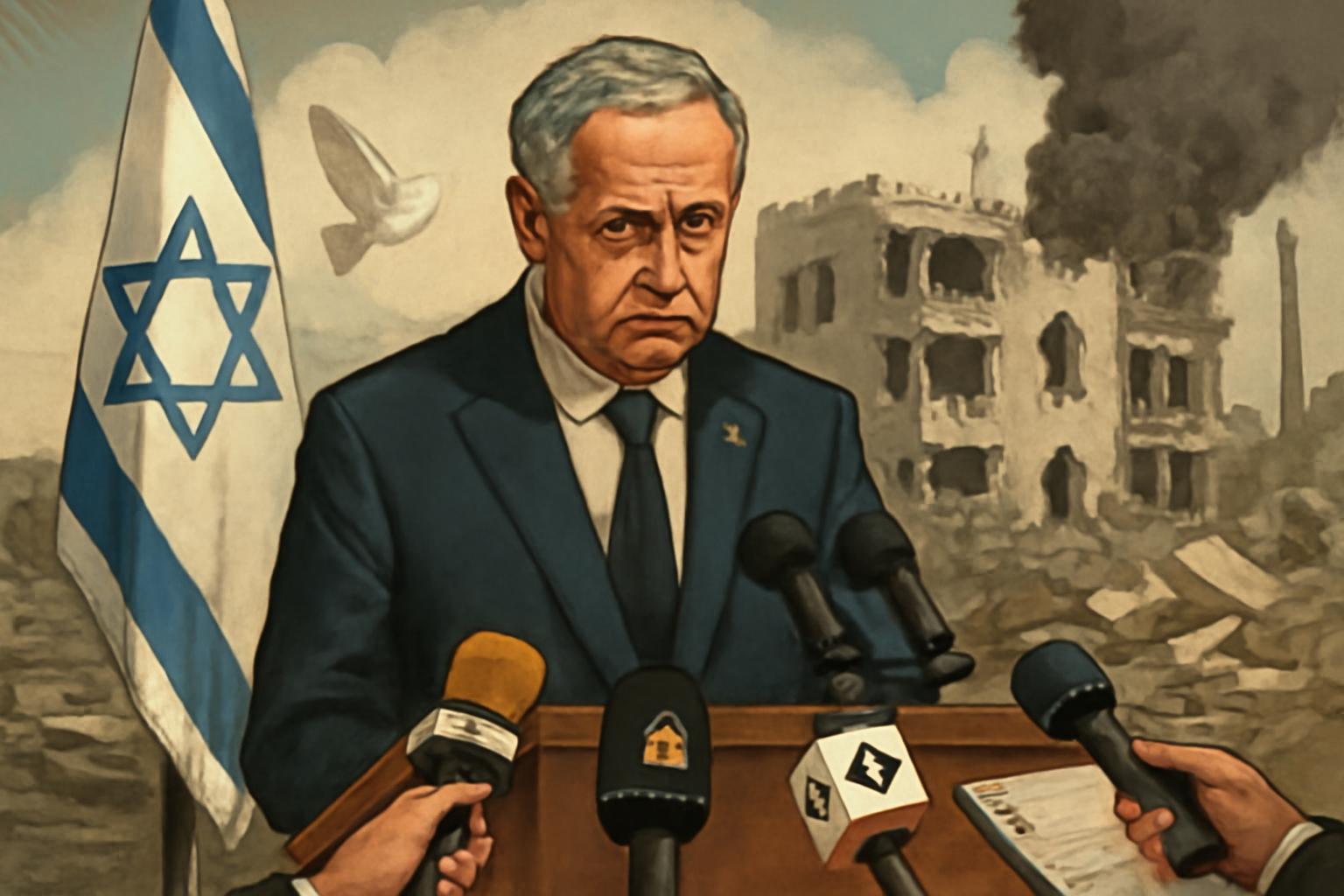From the latest round of grim headlines, the Israeli premier expressed regret after an airstrike on Nasser hospital in Khan Yunis, calling it a “tragic misfortune” and pledging a military inquiry. The strike killed 19 people, including five journalists from Reuters, AP and Al Jazeera, though Hamas-run health authorities put the death toll at 20. Eyewitnesses say the strike struck the hospital’s fourth-floor reception area, and rescuers were hit as they responded. Israel’s military spokesman promised a prompt, transparent inquiry under Chief of Staff Eyal Zamir. Hamas alleges the attack began with a drone on a hospital building, followed by more strikes as casualties were evacuated. Gaza’s civil society and media face restricted access, hindering independent verification. Among the dead are journalists, medics, and civilians; the incident triggered international condemnation from Germany and France, with Macron urging adherence to international law and protection for civilians and journalists. Separately, reports from northern Gaza described additional fatalities near an aid-distribution site at Al-Awda hospital and in Gaza City as Israel readies a broader ground offensive, drawing domestic and international criticism.
One must say, the rhythm of this chorus is almost familiar: the grand players mouthing the slogans of restraint while the wreckage remains a muted, inconvenient backdrop to their televised moralism. A “tragic misfortune,” we are told, as if misfortune is a breeze that wafts through a drawing room rather than the marrow of a hospital in flames. The alleged precision of a drone becomes, in polite discourse, a mere technical footnote, while the bodies—civilians, medics, journalists—lie in the ledger of a conflict that treats human life as collateral on a ledger of power and prestige. The actors bow before “international law,” as if law could shelter the vulnerable from the blunt arithmetic of warfare, while in the same breath promising a “prompt, transparent inquiry” that, let us be honest, will be packaged, reviewed, redacted, and then filed away among a stack of reports and press conferences.
And what of the journalists—the supposed guardians of truth—who became casualties in a theater where truth already moves at the speed of a breaking headline? The moral high ground they occupy is as precarious as the hospital’s fourth floor they are claimed to have stood upon; their loss is not merely a statistic but a pointed reminder that in this brutal sport, even those who bear witness are not immune from the consequences of the clash of giants. The international chorus—Germany, France, leaders who presume to command decency—sings in unison, urging protection for civilians and journalists, while the night sky over Gaza remains thick with the smoke of strategy and resistance.
Meanwhile, the practical theatre continues apace: more fatalities in the north near aid sites, more casualties as Israel girds for a broader ground operation, and the same old refrain that the world must “investigate” and “condemn” while life, limb, and legacy are weighed on the scales of geopolitical necessity. If one squints at the fog of war, one sees only the familiar panorama of power’s triumphal march, dressed in the veneer of humanitarian concern, with the rest of humanity—most of them not wielding a press pass or a veto—left to pick through the wreckage and the rhetoric.
So I observe with a particular, almost cultivated detachment: the cadence of outrage and the cadence of operations march in step, and the casualties—journalists among them—are the price of this grand performance called modern diplomacy. Let us not pretend that the pain of ordinary people will ever alter the arithmetic of nations, or that the robust defense of international norms will exorcise the brutal logic that governs the actions of those who sit atop the power tables. The hospital may be rebuilt, the inquiries may be filed, the condemnations may echo, but the enduring impression is a reminder that civilization’s finest rhetoric rarely translates into safety for those who inhabit the margins of the map.
